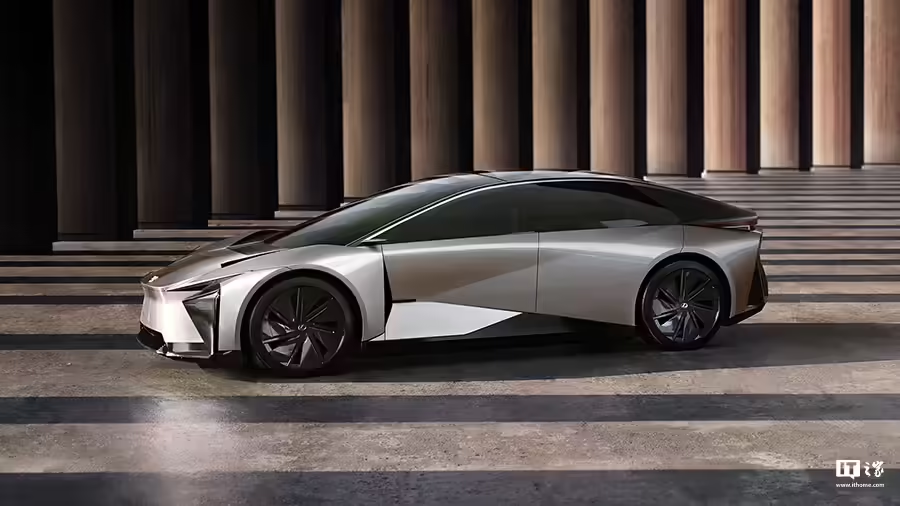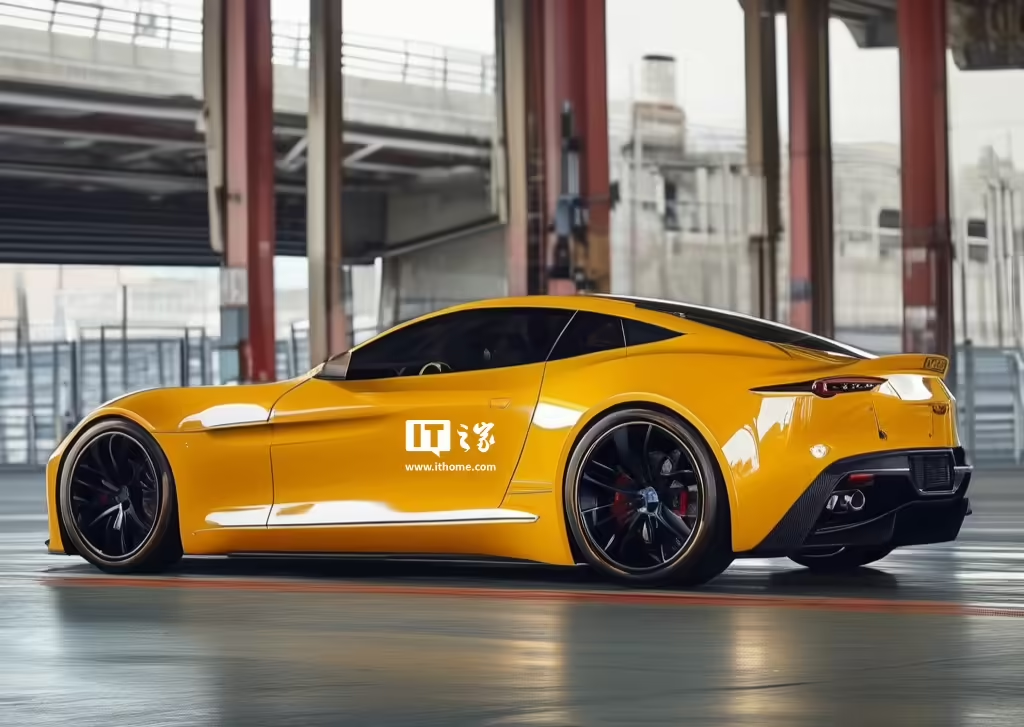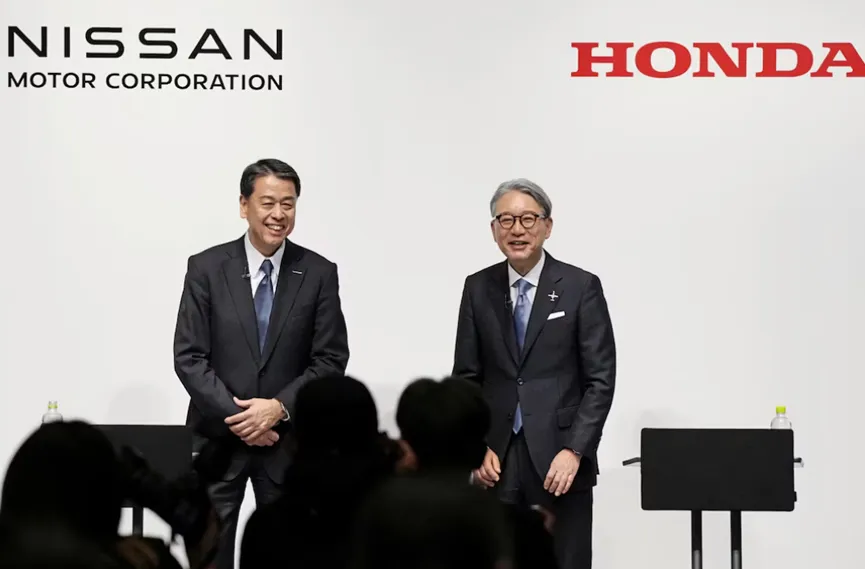China-EU electric vehicle tariffs are expected to be canceled
The negotiations between China and the European Union seem to be approaching a breakthrough, according to a report by Reuters on November 23rd. Bernd Lange, the chairman of the European Parliament's Trade Committee, disclosed in a recent interview with German NTV television that the EU and China are close to reaching a solution to cancel the additional tariffs imposed on Chinese imported electric vehicles. However, he still claims that these tariffs are so-called "countervailing duties" rather than punitive tariffs, aimed at eliminating "unfair competition."
Since the trade dispute over electric vehicle taxation between China and the EU, on one hand, the EU has insisted on protectionist actions despite strong opposition from China; on the other hand, the EU has repeatedly stated its willingness to continue negotiations with China to reach a potential agreement to avoid tariffs.
Since early November, China and the EU technical teams have conducted several rounds of consultations in Beijing on the specific content of the EU's countervailing case price commitment plan for Chinese electric vehicles, making progress. China has repeatedly stated that the EU's countervailing investigation measures are protectionist actions in the name of "fair trade," which will seriously disrupt and distort the global automotive industry chain and supply chain, including in the EU, and have a negative impact on China-EU economic and trade relations.

NTV reported on November 22nd that as a member of the European Parliament from the German Social Democratic Party, Lange mentioned the attitude of German Chancellor Scholz, who is also a member of the Social Democratic Party. Due to German car manufacturers' deep cultivation in the Chinese market, he believes that imposing tariffs on Chinese electric vehicles may lead to countermeasures from China, thereby affecting the position of these companies in the Chinese market.
Lange then stated: "We are still negotiating with China on the issue of electric vehicles. We are about to reach a solution with China to cancel tariffs. We are about to reach an agreement where China can sell electric vehicles in the EU at the lowest prices." However, he did not elaborate on the specific content but claimed that this would eliminate "competition distortions caused by unfair subsidies," which was the original reason for introducing the tariffs.
Lange insisted in the interview that the EU's tariffs on imported electric vehicles from China are not punitive tariffs but so-called "countervailing duties." He argued that while the United States imposes a 100% tariff on Chinese electric vehicles, excluding them from the market, the EU does not do so. "We just want fair competition. EU legislation allows us to impose countervailing duties when there are dumping measures or illegal subsidies."
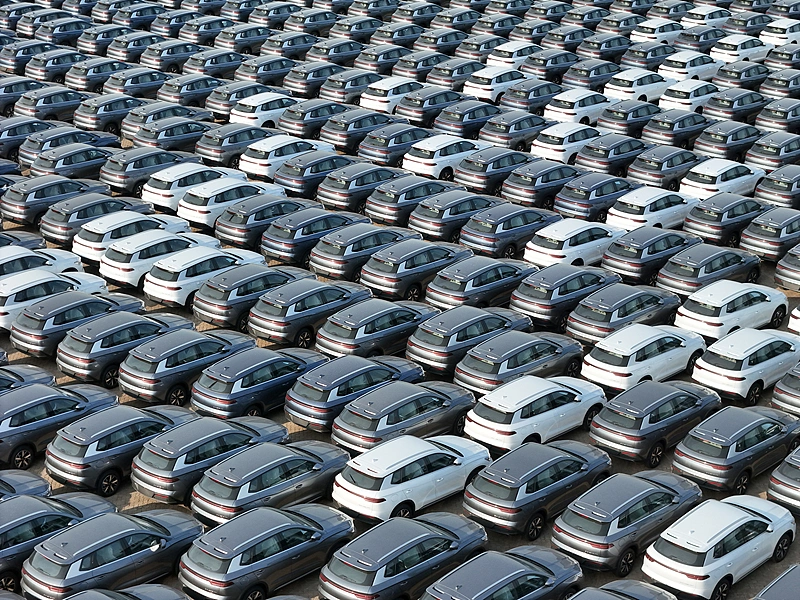
On October 4th, in the final vote on whether to impose countervailing duties on imported electric vehicles from China, EU member states voted 10 in favor, 5 against, and 12 abstentions, failing to block the European Commission's tax proposal. However, the European Commission stated that day that it would continue to negotiate with China to explore "alternative solutions." Many media outlets pointed out that the large number of abstentions highlighted member states' unease about provoking a "trade war" with China.
For example, on October 8th, China's Ministry of Commerce announced temporary anti-dumping measures against imported brandy from the EU. In addition, China has initiated investigations on several EU products, including dairy products, pork products, chemical products, and brandy. EU media speculate that the above measures by China are retaliatory measures against the EU's insistence on taxing Chinese electric vehicles. After the news spread, the stock prices of French liquor producers suffered a heavy blow.
On October 29th,the European Commission announced the end of the "countervailing investigation" and insisted on imposing a five-year so-called "final countervailing duty" on Chinese electric vehicles for reasons that do not hold water.
According to the statement released by the European Commission that day, in addition to the original 10% tariff, Chinese export manufacturers will be subject to the following countervailing duties:
BYD: 17.0%;
Geely: 18.8%;
SAIC: 35.3%;
Other cooperating companies will be subject to a 20.7% tariff;
Tesla, after requesting a separate review, will be subject to a 7.8% duty;
All other uncooperative companies will bear a 35.3% tariff.
The statement also said that the EU and China continue to work hard to find alternative solutions compatible with the WTO. In addition, the European Commission is also open to separate negotiations on price commitments with individual exporters.
It is worth noting that Germany's position against electric vehicle tariffs has always been clear. Bloomberg analysis suggests that Germany is worried that trade friction with China may further hit its sluggish economy. Over the past 20 years, German companies have been expanding their business ties with China in order to sell export products to China's increasingly affluent middle class. Last year, nearly one-third of German car companies' sales came from the Chinese market.
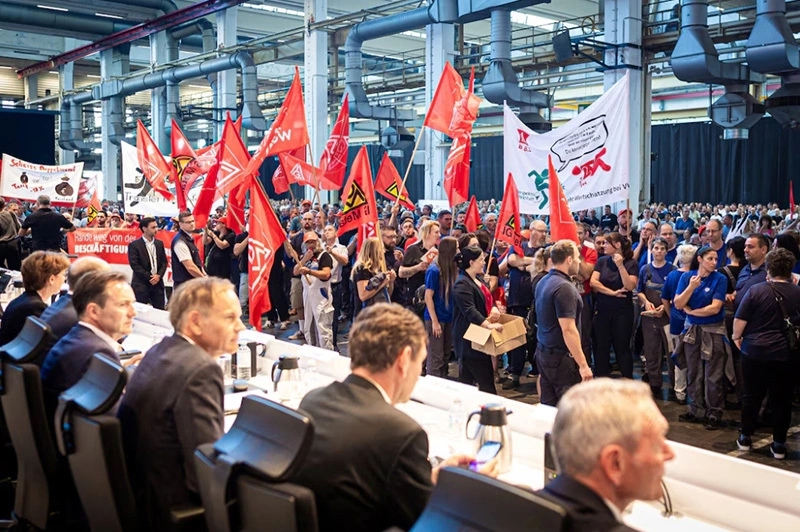
From November 2nd to 7th, China and the EU technical teams conducted five rounds of consultations in Beijing on the specific content of the EU's countervailing case price commitment plan for Chinese electric vehicles, making progress. After this round of consultations, both China and the EU mentioned in their press releases that progress had been made.
During the G20 Leaders' Summit held in Rio de Janeiro, Brazil, in November, German Chancellor Scholz also expressed his hope that the EU and China would resolve the electric vehicle issue through dialogue and negotiation as soon as possible, and Germany is willing to make positive efforts on this issue.
Previously, a spokesman for China's Ministry of Commerce responded to the European Union's announcement of the final ruling on the countervailing investigation against Chinese electric vehicles.
The spokesman said, "We have noted the announcement made by the EU. China has pointed out on multiple occasions that the EU's countervailing investigation against Chinese electric vehicles has many unreasonable and non-compliant aspects. It is a protectionist practice in the name of 'fair competition.' China does not recognize or accept the ruling result and has filed a lawsuit in the WTO dispute settlement mechanism. China will continue to take all necessary measures to resolutely safeguard the legitimate rights and interests of Chinese enterprises.
The spokesman also stated, "At the same time, we have also noted that the EU has expressed its willingness to continue consultations on price commitments. China has always advocated resolving trade disputes through dialogue and consultation and has been making the greatest efforts to this end. Currently, the technical teams of both sides are conducting a new round of consultations. We hope that the EU will work with China in a constructive manner, according to the principles of 'pragmatism and balance,' taking into account each other's core concerns, and reach a solution acceptable to both sides as soon as possible to avoid an escalation of trade friction."


